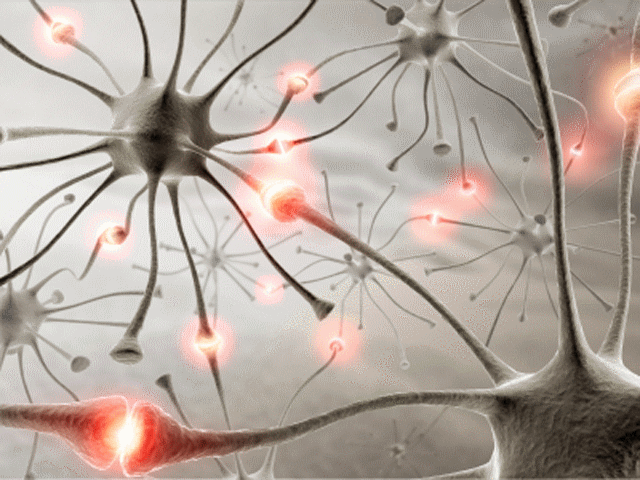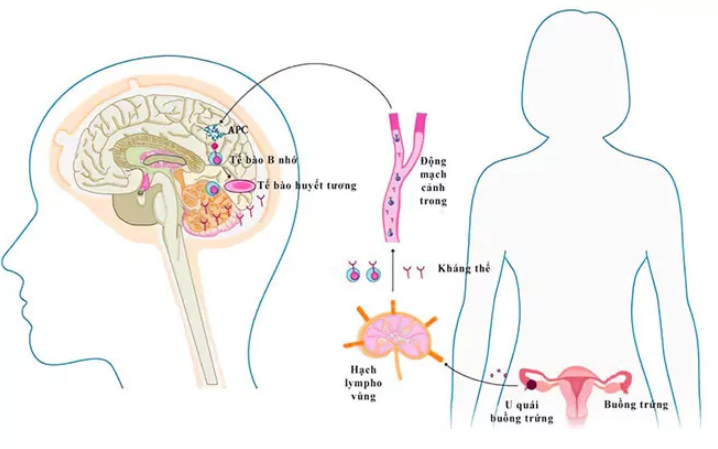What is the difference between an electrocardiogram and an EEG?
This is an automatically translated article.
The article was professionally consulted by Specialist Doctor II Nguyen Quoc Viet - Interventional Cardiologist - Department of Examination & Internal Medicine - Vinmec Danang International Hospital
An electrocardiogram and an electroencephalogram are both tests that record waves on paper to diagnose disease. The basic difference is that the electrocardiogram is used to diagnose cardiovascular diseases and the EEG is used to diagnose brain diseases.
1. Basics of Electrocardiogram and EEG
Electrocardiogram, abbreviated as ECG, is a method of monitoring the activity, speed and rhythm of the heart. When the heart is working, the heart contracts, it will emit variations of the electric current, at this time the electrocardiogram is a curve that records those changes. Through reading the electrocardiogram, we can know the heart's ability to eject blood, know the rhythm and speed of the heart.
EEG, abbreviated as EEG, records the bioelectrical activity of the brain with electrodes placed on the scalp, in rare cases placed on the surface of the cerebral cortex, or in the brain matter. These electrical activity manifests as waves on the electroencephalogram.
Electroencephalogram (EEG) is the recording of the bioelectrical activity of the brain using electrodes placed on the scalp. Metal electrodes attached to the scalp alter the electrical activity that forms brain waves. The brain waves are recorded by the polyphone. A baseline EEG takes about 45 minutes, with ranges ranging from 30 minutes to 90 minutes.
EEG, abbreviated as EEG, records the bioelectrical activity of the brain with electrodes placed on the scalp, in rare cases placed on the surface of the cerebral cortex, or in the brain matter. These electrical activity manifests as waves on the electroencephalogram.
Electroencephalogram (EEG) is the recording of the bioelectrical activity of the brain using electrodes placed on the scalp. Metal electrodes attached to the scalp alter the electrical activity that forms brain waves. The brain waves are recorded by the polyphone. A baseline EEG takes about 45 minutes, with ranges ranging from 30 minutes to 90 minutes.
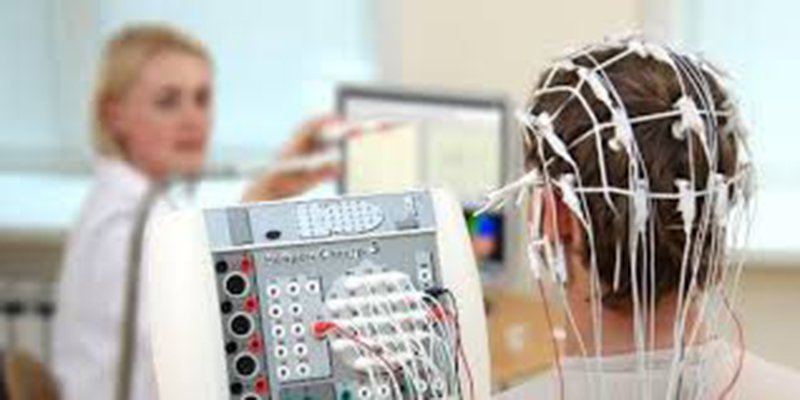
Đo điện não đồ thông qua điện cực ở da đầu
2. Electrocardiogram and EEG to diagnose what disease?
2.1 Electrocardiogram Electrocardiogram is a test to diagnose pathologies such as:
Diagnosis of cardiac arrhythmias: abnormalities at the location of the beat (sinus node, atrial node, myocardium) will give a rhythm picture. abnormal heart on electrocardiogram; Diagnosis of atrial and ventricular hypertrophy: the process of depolarization and repolarization of the myocardium will change, through which the electrocardiogram will give certain hints about the condition of the large heart chambers. Diagnosis of conduction disorders: damage or incoherence in conduction will show an abnormal picture of the electrical branch of the heart on an electrocardiogram. Injury or necrosis of the myocardium, the electrical conduction capacity of the myocardium will change. This change will be noted on the electrocardiogram. Electrocardiogram is an effective method in the diagnosis of myocardial infarction. Diagnosis of ischemic heart disease: the ischemic heart muscle will show abnormal waveforms on the electrocardiogram. Diagnosis of electrolyte disorders: electrocardiogram is due to the movement of ions (sodium, potassium, calcium...). When there is a change in the concentration of these substances, the electrocardiogram is likely to change accordingly. Diagnosis of lesions in the myocardium, pericardium. Monitor pacemakers. Diagnosis of some drug toxicity: digoxin alters the ST segment of all poles, tricyclic antidepressants prolong the QT interval.
Diagnosis of cardiac arrhythmias: abnormalities at the location of the beat (sinus node, atrial node, myocardium) will give a rhythm picture. abnormal heart on electrocardiogram; Diagnosis of atrial and ventricular hypertrophy: the process of depolarization and repolarization of the myocardium will change, through which the electrocardiogram will give certain hints about the condition of the large heart chambers. Diagnosis of conduction disorders: damage or incoherence in conduction will show an abnormal picture of the electrical branch of the heart on an electrocardiogram. Injury or necrosis of the myocardium, the electrical conduction capacity of the myocardium will change. This change will be noted on the electrocardiogram. Electrocardiogram is an effective method in the diagnosis of myocardial infarction. Diagnosis of ischemic heart disease: the ischemic heart muscle will show abnormal waveforms on the electrocardiogram. Diagnosis of electrolyte disorders: electrocardiogram is due to the movement of ions (sodium, potassium, calcium...). When there is a change in the concentration of these substances, the electrocardiogram is likely to change accordingly. Diagnosis of lesions in the myocardium, pericardium. Monitor pacemakers. Diagnosis of some drug toxicity: digoxin alters the ST segment of all poles, tricyclic antidepressants prolong the QT interval.
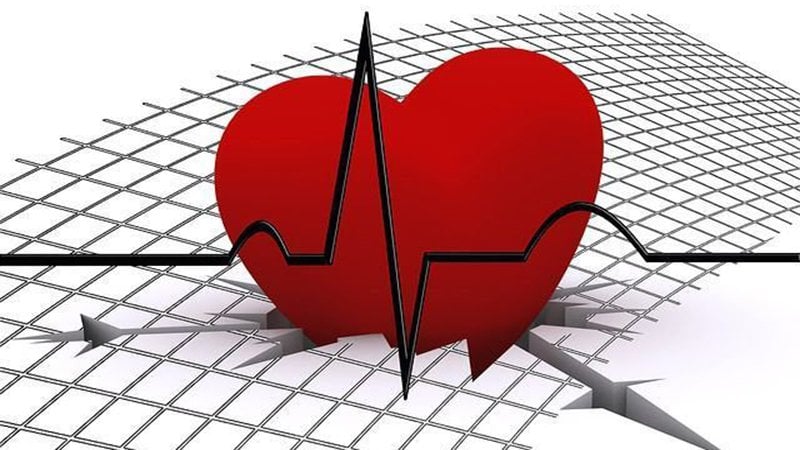
Điện tâm đồ xét nghiệm chẩn đoán các bệnh liên quan đến tim mạch
In addition, electrocardiogram is also indicated in many non-specific cases: the elderly (people at high risk of cardiovascular disease), hypertensive patients, patients with disorders of blood lipid metabolism (fatty fat). blood), diabetes, smoking, angina pectoris, palpitations, shortness of breath, history of syncope or emergency hospital admission for whatever cause... are often indicated to perform an electrocardiogram. .
2.2 EEG EEG to diagnose what disease?
The EEG method is valuable to help doctors find abnormal brain waves in some cases to diagnose some brain diseases. The process of making an EEG will record brain wave patterns printed on paper so that the doctor can find abnormal wave patterns to diagnose brain diseases or other problems related to the brain. From the electrical brain waves during the EEG measurement can diagnose diseases such as epilepsy, headaches, sleep problems, convulsions of various causes, traumatic brain injury, brain tumors, and diseases of the brain. brain and central nervous system
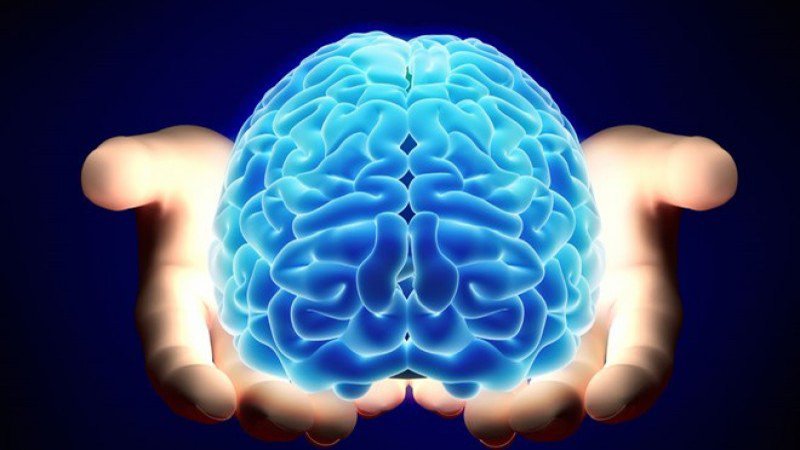
Điện não đồ giúp chẩn đoán các bệnh về não
Especially doctors check EEG indicated in cases:
Check and diagnose, monitor epilepsy and other convulsive disorders. Help support the diagnosis of brain death. In addition, the following conditions can be diagnosed:
Problems with sleep disorders. Dementia status. Brain tumors. Inflammatory disease of the brain. Head injuries. Disorders of brain function. Cerebral stroke, brain dysfunction, Vinmec International General Hospital is one of the hospitals that not only ensures professional quality with a team of leading medical doctors, a system of modern equipment and technology, but also outstanding with comprehensive and professional medical examination, consultation and treatment services; civilized, polite, safe and sterile medical examination and treatment space.
Please dial HOTLINE for more information or register for an appointment HERE. Download MyVinmec app to make appointments faster and to manage your bookings easily.
This article is written for readers from Sài Gòn, Hà Nội, Hồ Chí Minh, Phú Quốc, Nha Trang, Hạ Long, Hải Phòng, Đà Nẵng.

